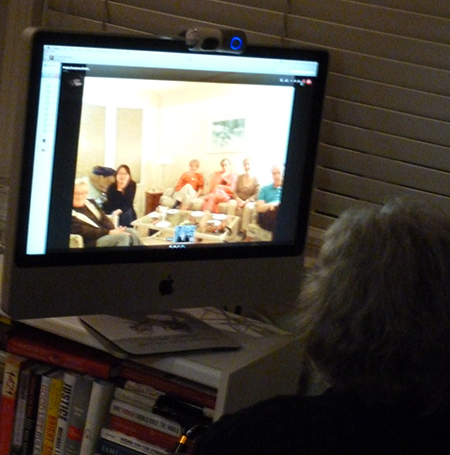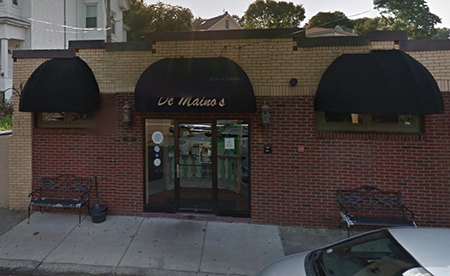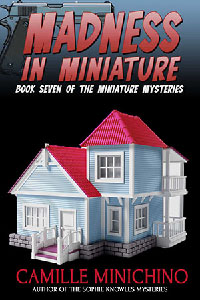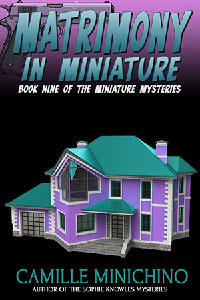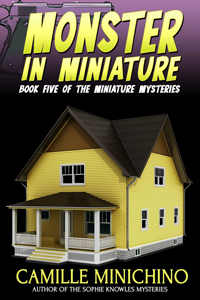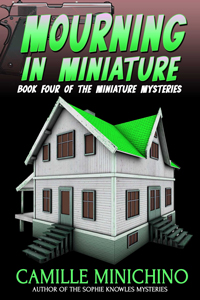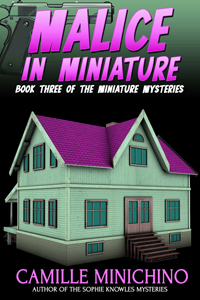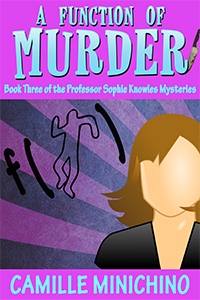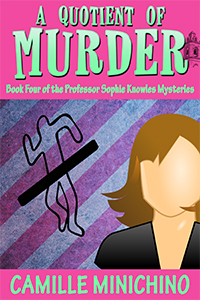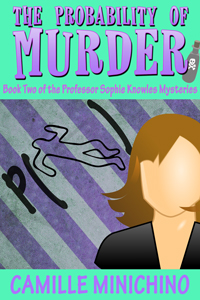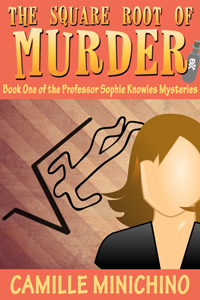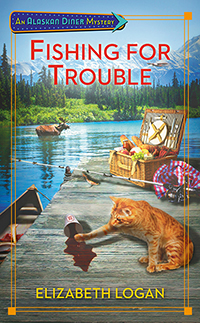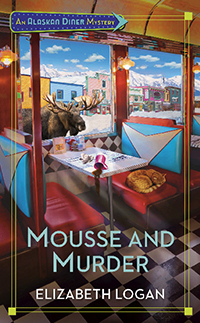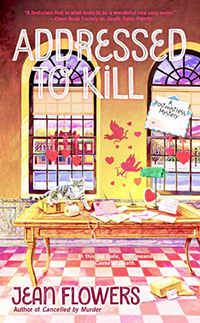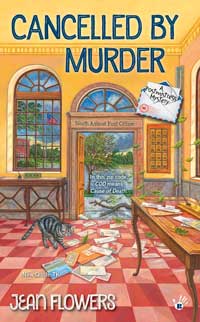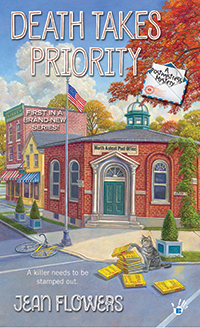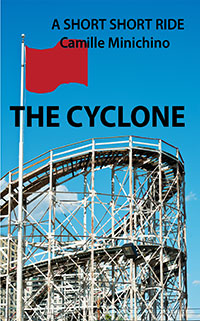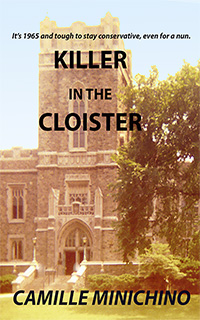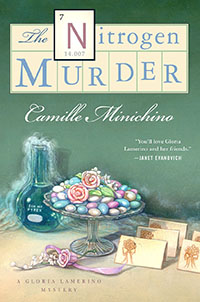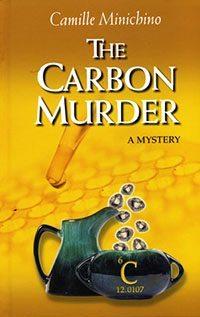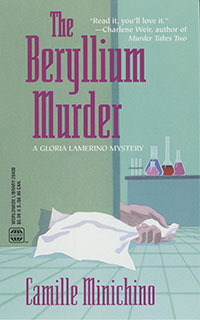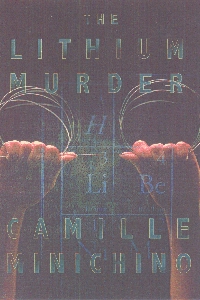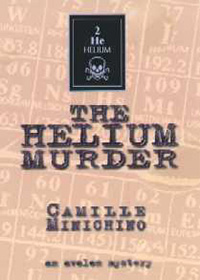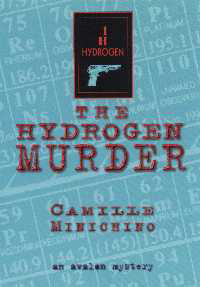
My guest today is one of those people whose amazing success in a professional field has made her only more willing to share what she knows with others. Dr. Ellen Kirschman’s I Love a Cop and I Love a Fireman are among my first go-to books for help as I write characters she knows better than I do! Thanks for joining us today, Ellen.
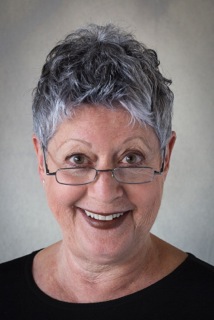
How did I get here?: Years ago, Camille invited me to talk to a gathering of mystery writers. She told me that she used a “dog eared copy” of my first book, I Love a Cop: What Police Families Need to Know as a reference for her own writing. Neither of us knew that twenty plus years later she would be “blurbing” my first ever novel, Burying Ben: A Dot Meyerhoff mystery and inviting me to be a guest on her blog. You’ve been a role model and a pal. Thanks Camille.
How and why I went from writing non-fiction to fiction:
After writing two more non-fiction books about public safety psychology, I began to think it would be easier to make things up. Boy, was I delusional! Readers can put a non-fiction book down and pick it up without losing the thread. But a good mystery should have the reader baring her teeth at anyone or anything that interrupts her before she finishes the story.
I started writing when I was a child and never stopped. I used to be a probation officer. Once a supervisor told me that a report I had submitted was the best piece of writing he had ever received. The only problem was that he didn’t think it had anything to do with the person I was investigating. I guess that would be the first time I began turning my real work into fiction.
Years later, as a police psychologist, I wondered how I would react if a client of mine committed suicide. Cops are two, perhaps three, times as likely to kill themselves as they are to be killed in the line of duty. Fortunately, the only time I had to deal with this was when I wrote Burying Ben and created Dr. Dot Meyerhoff, using my mother’s first name and my maternal grandmother’s maiden name.
People ask me if Burying Ben is autobiographical. Not really. I’m not nearly as gutsy, young or thin as Dot and I certainly never did the things she does to bring the right people to justice; impersonating a public official, breaking and entering, and assault with a deadly weapon. Dot’s father was a student activist at Berkeley in the 60’s who was beaten by the police and injured for life. His legacy puts Dot in perpetual conflict with the officers she’s been hired to help. My father was a Republican. On the other hand, Dot and I do have some things in common. We’re both divorced and we’ve both had an uphill battle trying to get officers to trust us because we’re civilians, women, and “shrinks.” I spent 25 years consulting at one agency and the day I left there were still some cops who believed I had a video camera in my office that connected directly to the Chief’s desk.
Some things that really happened have found their way into the book, mostly scenes having to do with stories I heard or things that happened when I was riding with the cops. I’ve always had an ear for how cops talk and for years I’ve been keeping a record of the funny, off-the-wall things they say. Officer Eddie Rimbauer, is a composite of many people, but he sounds so real, there was an on-line pool of cops trying to guess his real identity.
Some readers want to know if Dot’s first post-miserable-divorce new love interest, Frank, is really modeled after my husband. He is. My husband wants to know if Frank will get lucky in the sequel. I’m not telling. He’ll have to read the book.
Burying Ben went through some eighteen revisions. I was teaching myself a new craft. Writing a mystery was a puzzle to be solved, one that challenged all my weak points – an abhorrence for details and a non-linear mind. My big “aha” moment came when I changed from third person point of view to first person. Once I put my psychologist hat back on, I was in familiar territory. My next challenge was to stop telling myself that whatever was happening in the book wouldn’t really happen this way in the real world. Faithfully adhering to reality is what drives non-fiction. But reality can be boring and is not the stuff that keeps a reader reading.
Promotion and marketing:
Few of my friends had read my other books, which were aimed at specific readers. But they’re all reading Burying Ben. That would include my hair stylist, my dentist, my dentist’s receptionist, my doctor, my neighbors, and some strangers I met in the airport. Other people carry photos of their kids and grandkids. I carry postcards of my mystery and I’m not shy about handing them out. Not something I did, or needed to do, with my non-fiction work. Especially since psychologists are prohibited from promoting themselves, other than to provide general information that is neither misleading nor deceptive and does not offer discounts or inducements.
Doing research:
I did most of my research in the back of a patrol car or in my consulting room. But if you’re writing about cops and you don’t have the kind of access I was fortunate to have, you might consider attending a citizens police academy at your local PD or the Writers Police Academy (www.writerspoliceacademy.com). Both will give you hands-on experience. Go on a ride-along. After all these years I still learn something new every time I do. Learn about guns. Practice on the range. Try your hand at a firearms training simulator (FATS). If you’re qualified and have the time to invest, consider becoming a reserve officer or putting yourself through a police academy. I went through a condensed fire academy designed for journalists when I wrote I Love a Fire Fighter. Whatever you do, don’t watch cop shows on television. Join the Public Safety Writers Association (www.policewriter.com). You’ll meet a lot of active and retired public safety professionals who are also writers. I Love a Cop, I Love a Fire Fighter and Counseling Cops all contain real-life scenarios that, as Camille says, can enhance your stories and deepen your characters.

Is there a doctor in that suit?
Bio: Ellen Kirschman has been a police and public safety psychologist for over 30 years. She is the winner of the California Psychological Association’s 2014 Award for Distinguished Contribution to Psychology. Her work with first responders has taken her to four countries and 22 states. She is the author of four books. I Love a Cop: What Police Families Need to Know, has sold more than 100,000 copies. I Love a Fire Fighter: What the Family Needs to Know was penned after the tragic events of 9/11. Her third non-fiction book is Counseling Cops: What Clinicians Need to Know. Burying Ben – A Dot Meyerhoff Mystery (2013) is her first foray into fiction and the first in a series. Ellen spends her time writing, teaching, and volunteering as a clinician at the West Coast Post Trauma Retreat (www.wcpr2001.org) for first responders. She lives in the San Francisco Bay Area with her husband, a photographer and a retired remodeling contractor. Ellen loves to hear from readers. You can contact her at www.ellenkirschman.com. You can order her books from Guilford Press, Amazon, Barnes and Noble, and more of your favorite vendors, in print or as e-books.
———

 Filed Under :
Filed Under :  Aug.28,2014
Aug.28,2014